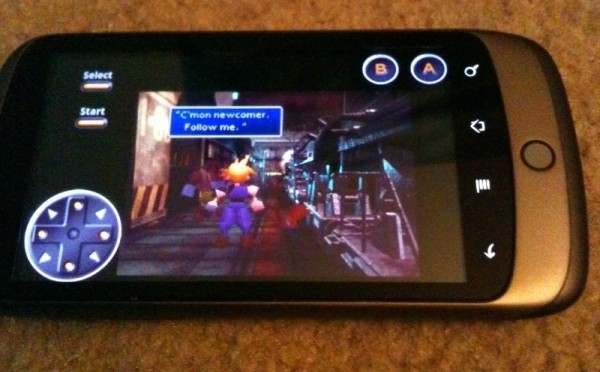Square-Enix takes the two worst approaches to mobile and puts them both together in a melting pot of horrible crap. If you want a textbook example on what to avoid in breaking into a market, may I present them as a company unwilling to adapt without being broken the hard way.
However, I’m not as angry as I could be. Partly, I can see why Square-Enix charges so much – they do not, under any circumstances, want to devalue their brand by placing it at a “budget” pricing model. After seeing the advent of endless Steam Sales and bundles slashing prices across the board, the mobile model infiltrated the PC market incredibly quick. They do not want to position their major sellers as mere trifles, and only in the case of spin-offs will you see them offer anything for free. The aura of exclusivity may turn many smartphone users off, but at least they know their audience will buy and re-buy games over and over again on multiple platforms. Take me, for example – I somehow own Final Fantasy IV four times on four different platforms (seriously, I am not joking).
Improving the Mobile Platform
So how do you make video games as good as the ones on consoles and PC for the mobile platform? As I said previous, you you take advantage of the platform’s unique qualities. Easier said then done, of course, and I honestly did not find a single game that hit the same exact spots of challenge, difficulty, and intuitiveness that I usually expect. Maybe a touch screen just doesn’t lend itself to anything of the sort, but maybe motion sensitivity in games like Ridiculous Fishing might tell a different story.
I couldn’t tell you, though. Even the games with the highest critical acclaim that take advantage of such things still aren’t performing the same function that traditional video games achieved. They are, in a word, trifles meant for distraction or avoiding something else. That’s exactly the kind of games I want to avoid. Obviously, though, there’s a huge audience just waiting for entertainment on this level. Traditional game companies shouldn’t cater to them for “the big bucks” and shoot their good franchises in the foot; make original properties and keep them away from your important brands.
I’ll admit, there’s an attraction to the simple “pick-up-and-play” model espoused here, but far too often it comes at the expense of something new, interesting, or exciting. No mobile game seeks to show us an ever-progressing series of challenges, and there’s really no penalties for failure in any way. Weighty decisions, the meat of all good games, just doesn’t exist in the mobile space. A high score in a game with meaningless high scores or the best cards bought from a mobile card game store just makes me sad for an industry losing its way for some fad.
Think of the Nintendo Wii – how long did motion control last before shovelware flooded onto the system and obscuring all the neat releases? The Wii turned “casual”, alright, but that doesn’t mean its library doesn’t contain its own share of wonderful games. Like mobile, you really need to sift through a ton of horrible games to get towards the good stuff, and price means nothing about the quality of said games. Mobile will suffer the same problem on a massive scale, and most game companies will leave that space if absolutely necessary. The future of traditional game platforms is a little uncertain – an upmarket of people like me will persist, but the money and budgets will decrease. In any event, it looks a bit bleak.
Hopes and Dreams
So, to return back to playing SNES games on a smartphone: the emulation scene is unusually well-developed for a legal issue with so many complications. Every game I’ve thrown at it, translated ROMs included, all work perfectly. As long as I avoid more dextrous action game, it works quite fine for my purposes. Apparently N64 and Playstation games also work, so if Square-Enix won’t release your precious Final Fantasy VII, there’s an alternative! It’s no PSP emulation, at least if we’re making a controller comparison (plus, the PSP actually had slowdown on some games), but it works well enough when you consider the all-in-one nature of the device.
In this way, then, I do hope regular genres make their way onto phones. If random people with far too much motivation to play old games on portable devices can make the games play better on non-native platforms than the original copyright holders, certainly something can happen with this new enterprise. Maybe consoles and PC will disappear, and maybe they won’t, but perhaps mobile will help many classics to live far past their expiration date. It’s not that hard to emulate, as has been made pretty obvious to me, so new distribution platforms for the classics will remain paramount. Here’s hoping it’ll work!
In sum: I have no idea how things will pan out, and I hate the disposability of mobile games in general, but I’m hoping this turns into a temporary trend while new, excellent games actually appear for this platform. I find Proverbs 13:12 more than appropriate:
Hope deferred makes the heart sick,
But desire fulfilled is a tree of life.


